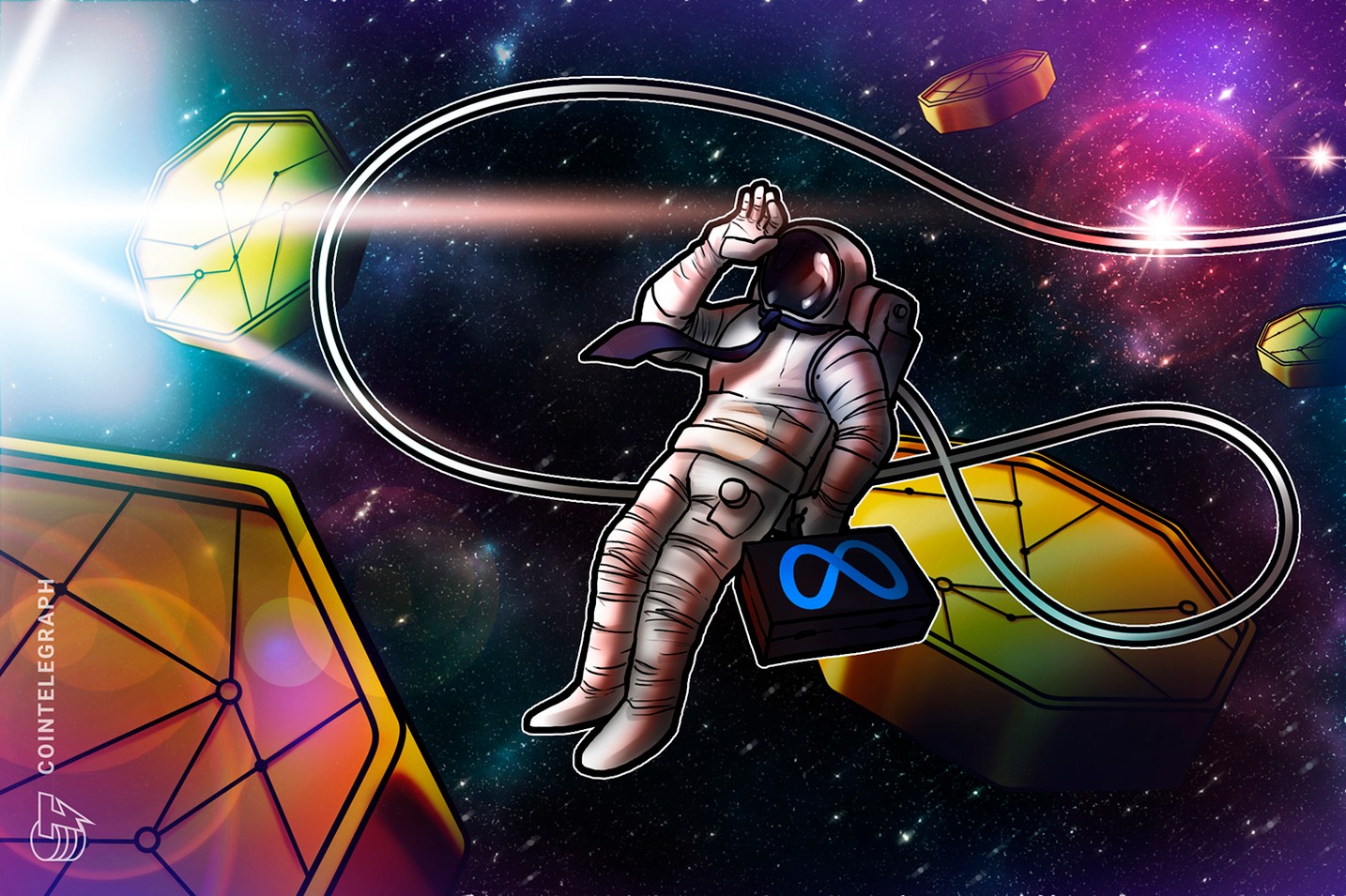Meta burns another $4.5B on metaverse in Q2, preps for AI growth

Mark Zuckerberg’s Meta Platforms lost a further $4.5 billion on its metaverse business Reality Labs in the second quarter of this year, deepening its metaverse money pit to almost $60 billion since 2019.
In a July 31 earnings call for Q2, Meta reported a higher-than-expected $49 billion in revenue, up 22% from last year and its second-largest quarter on record.
Additionally, the California-based tech giant posted $13.5 billion in profit, much of which Zuckerberg said stemmed from its advancements in AI and the growth of its apps, including Threads and WhatsApp.

Meta’s share price jumped 7.1% in after-hours trading following the earnings call, and the firm’s Q2 results beat most analyst expectations.
Zuckerberg said the firm’s AI assistant Meta AI is currently on track to be the most used AI assistant in the world by the end of 2024 and noted “good traction” in the number of sales of AI-infused Ray-Ban Meta smart glasses, launched in September last year, adding
“We’ve released the first frontier-level open source AI model, we continue to see good traction with our Ray-Ban Meta AI glasses, and we’re driving good growth across our apps."
Meta said it plans to significantly increase its capital expenditure in 2025, as it narrows its sights on the research and development of AI.
Additionally, Zuckerberg noted that despite “public perception” of Facebook being primarily reserved for older users, Meta’s chief financial officer Susan Li claimed “younger users” were flocking to Facebook Marketplace.
The firm made brief mention of its metaverse research division Reality Labs — which is responsible for developing VR headsets such as the Meta Quest 3.
Reality Labs posted $353 million in Q2 sales but still reported a staggering $4.5 billion loss. In aggregate, Reality Labs has now burned $59.9 billion since its inception in 2019.
Despite the continued losses for the metaverse side of the company, Li said she expects Reality Labs operating losses to “increase meaningfully” year-over-year due to “ongoing product development efforts in augmented reality/virtual reality” and noted further investments in developing the metaverse ecosystem.
Related News
- Ethereum ETFs could reach $10B AUM in first year: Sygnum Bank
- Bitcoin slips below $65K as Fed holds rates, hints at September cut
- Telegram launches in-app browser supporting decentralized websites
- Trump’s Bitcoin sneakers are already on eBay for $2,500
- Bitcoin miner Riot Platforms miss estimates with wider Q2 loss
- What needs to happen for Ethereum (ETH) price to reach $4K?
- Sen. Lummis introduces Bitcoin Strategic Reserve bill in Senate
- BIS, Bank of England unveil Project Pyxtrial for stablecoin monitoring
- Stablecoin growth soars as crypto global mass adoption ramps up
- OpenAI finally launches ‘Advanced Voice Mode’ to select ChatGPT users
© 2025 DeFi.io